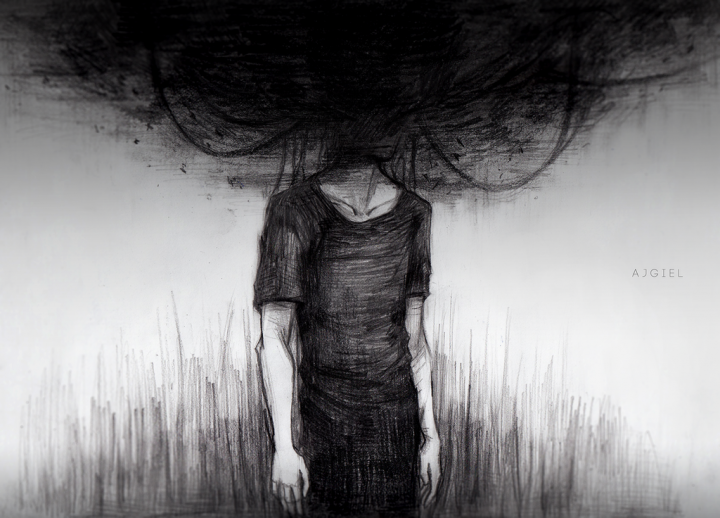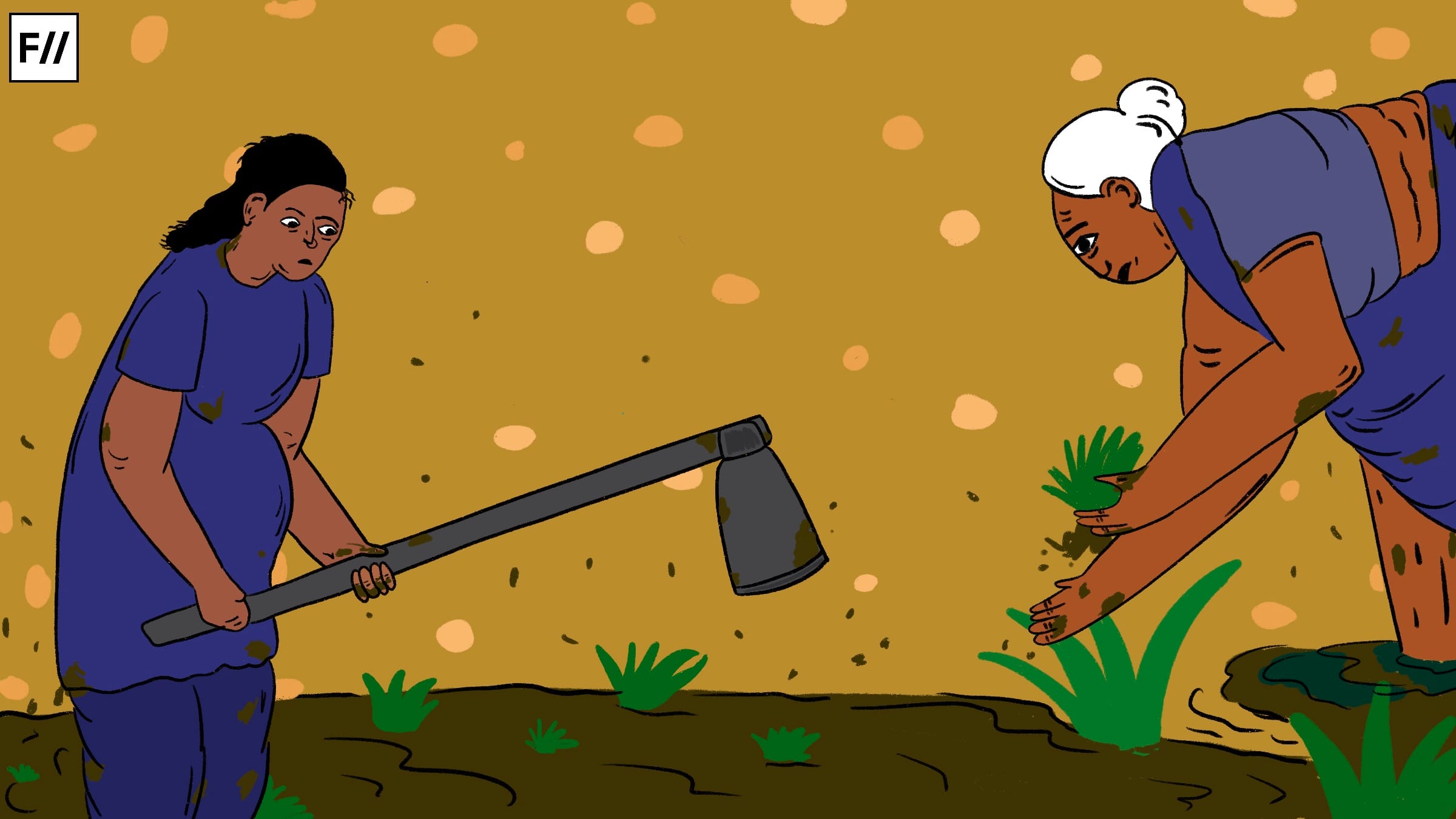How many times have you, or someone you know, claimed to be OCD because you can’t focus on anything unless the clothes in your closet are meticulously organized by colors? Or called a crush bipolar for responding to your texts within either two minutes or two hours? Or felt “totally depressed” when Kourtney and Scott broke up on Keeping Up with the Kardashians?
Sounds familiar? Of course it does.
We all have an unfathomable capacity to deeply feel sadness, happiness, beauty, and every other gorgeously visceral emotion in varying degrees of magnitude – it is, after all, what makes us human. But sometimes, we are not the best at describing our feelings. Using mental illnesses as figures of speech has become so pervasive in our colloquialisms that many of us fail to even acknowledge its presence.
We’re all looking for ways to embellish our speech and make our listeners live vicariously through our words, but using psychiatric diagnoses to achieve this can be detrimental.
Depression is a reality for people that persists days beyond your favorite celebrity breakup. Bipolar disorder consists of extreme mood swings pendulating between mania and depression, although many of us seem to connote it with rapidly fluctuating weather patterns. And ADD negatively affects many students in ways that have nothing to do with your friend constantly checking her phone while you’re talking (although that is a terrible thing to do). We’ve all been guilty of casually throwing in a mental illness into our sentences at the expense of someone else’s harrowing reality. I myself have accused friends of “acting” depressed or schizophrenic or bipolar when I really should have just been perusing the thesaurus a bit better.
Once we are able to empathize with those amongst us who are living with mental illnesses and realize the effect of words, we can aim to stop using these diagnoses casually. Here are a few reasons on why it’s harmful to use mental illnesses as figures of speech.
1. It Categorizes Very Real Illnesses into Acceptable and Unacceptable
Think of a friend who has an impeccably tidy room or takes thorough, outlined notes in class. There’s a good chance you or another of their friends have called them OCD.
Colloquially, OCD translates into neat, clean, and hardworking – and within this context, “being OCD” is a positive trait. However, the medical diagnosis of OCD translates to having repeated, persistent, and unwanted urges that cause severe distress or anxiety.
OCD patients can have horrific thoughts about harming themselves or partake in compulsive behaviors such as washing their hands till their skin is raw. If given the choice, I’m sure many OCD patients would not want their illness, but colloquially, it is something we strive for.
Similarly, if a friend is happy one day and upset the next, it might be tempting to call them bipolar (or schizophrenic, less endearingly). Both illnesses have harrowing consequences on the mind, but casual speech tells us those who are schizophrenic are “weird” or damaging to society.
There is no such a thing as a positive or negative mental illness.
A mental illness just means that the person who has one not always well. If an illness – whether it’s OCD or schizophrenia or bipolar disorder – is affecting a person’s ability to lead a happy and healthy life, it is not positive.
2. It Dilutes the Seriousness of Mental Illness
Web MD says a typical panic attack consists of shortness of breath, nausea, severe chills, or in extreme cases, fainting. Panic attacks are terrifying episodes in which the person who has it completely surrenders control to his or her mind.
So when someone claims to have a panic attack upon realizing they put their car keys in the wrong section of their backpack, it belittles a very distressing reality.
It’s easy not to take something seriously when you believe someone is just acting a certain way in given situations.
When mental illnesses are used as de facto adjectives for someone’s personality, it implies its receiver is only acting and not actually affected by the diagnoses.
For example, the severity of OCD is constantly pervasive in the lives of whom it affects, and doesn’t only rear its ugly head when you check the locks on your door five times before leaving for vacation.




